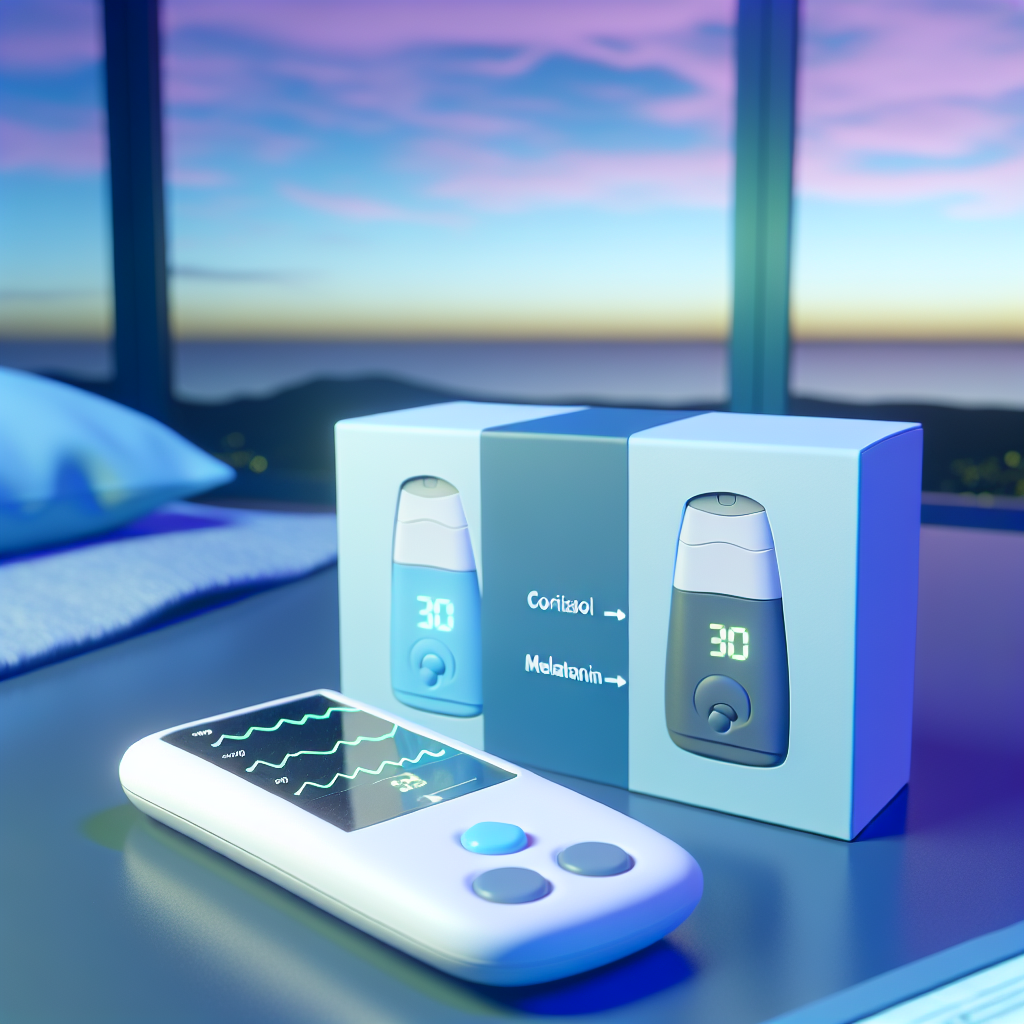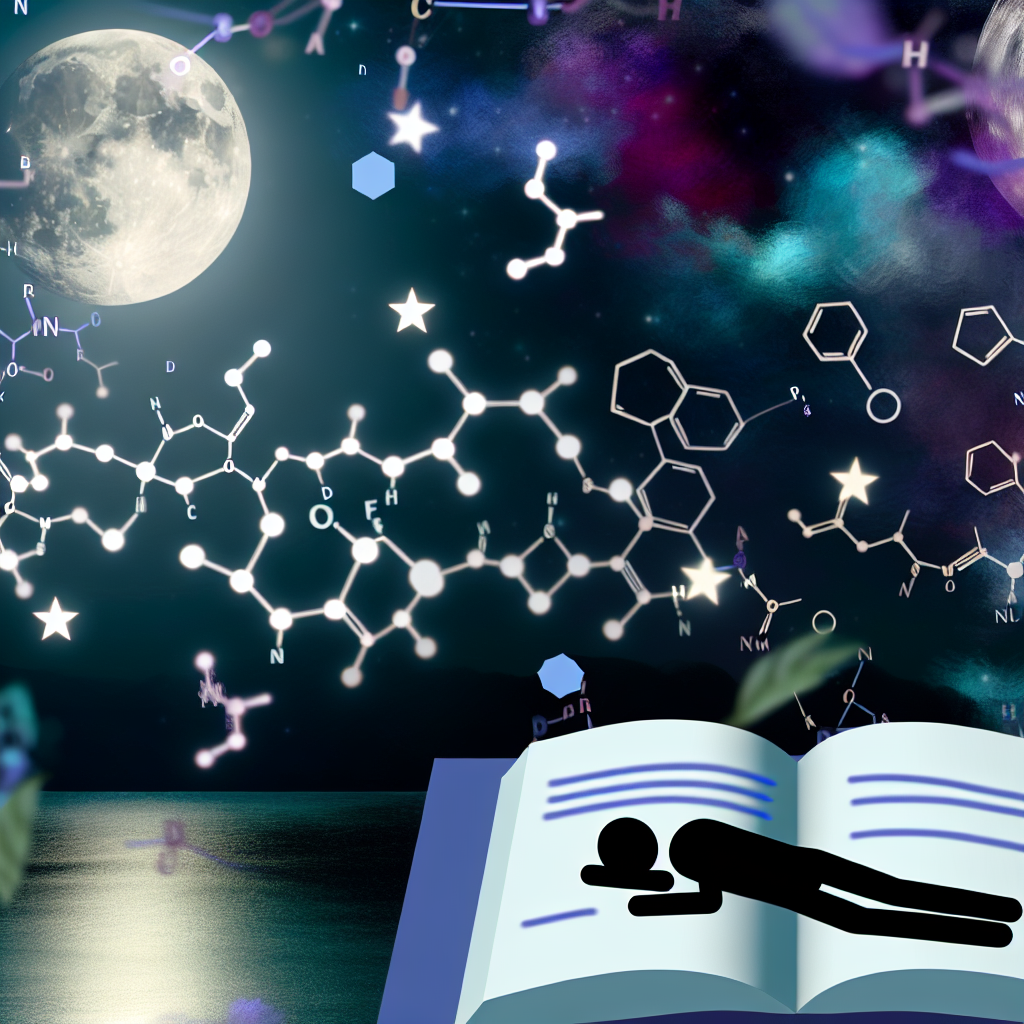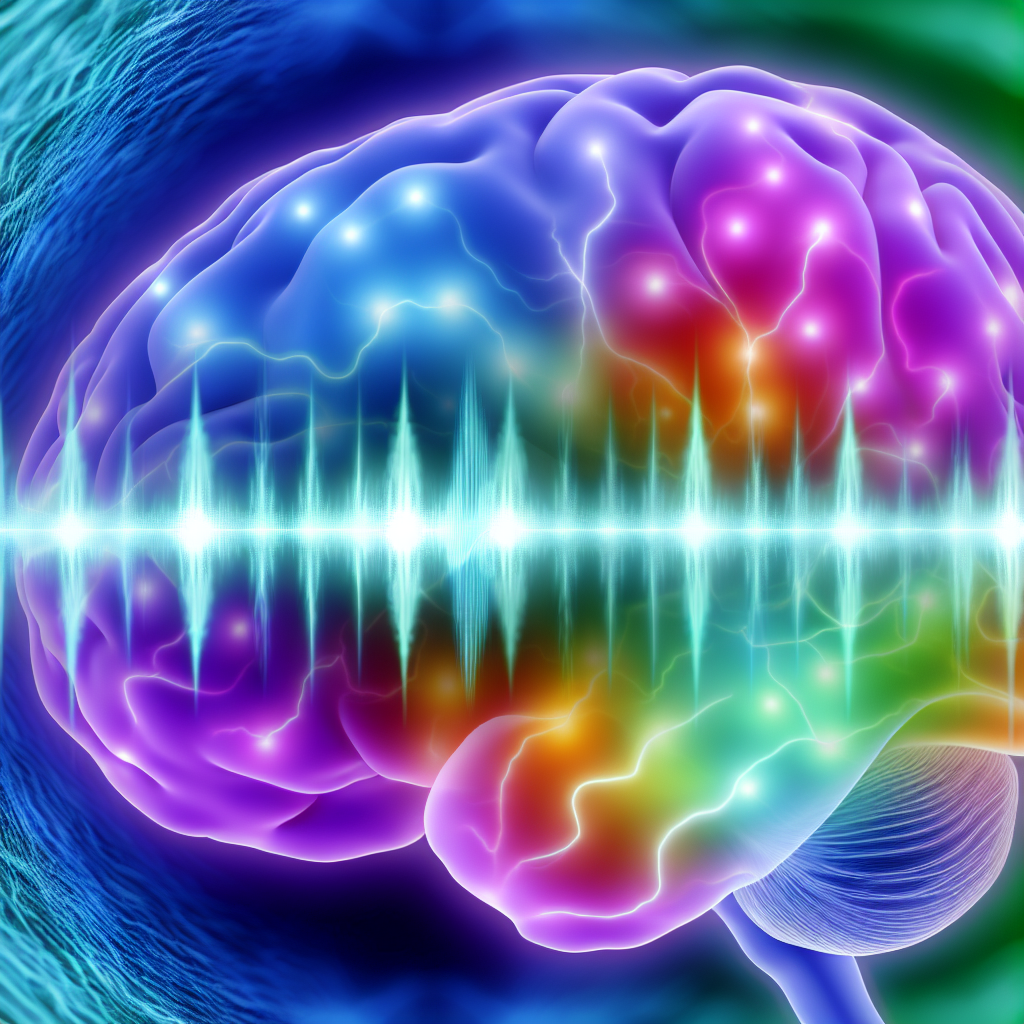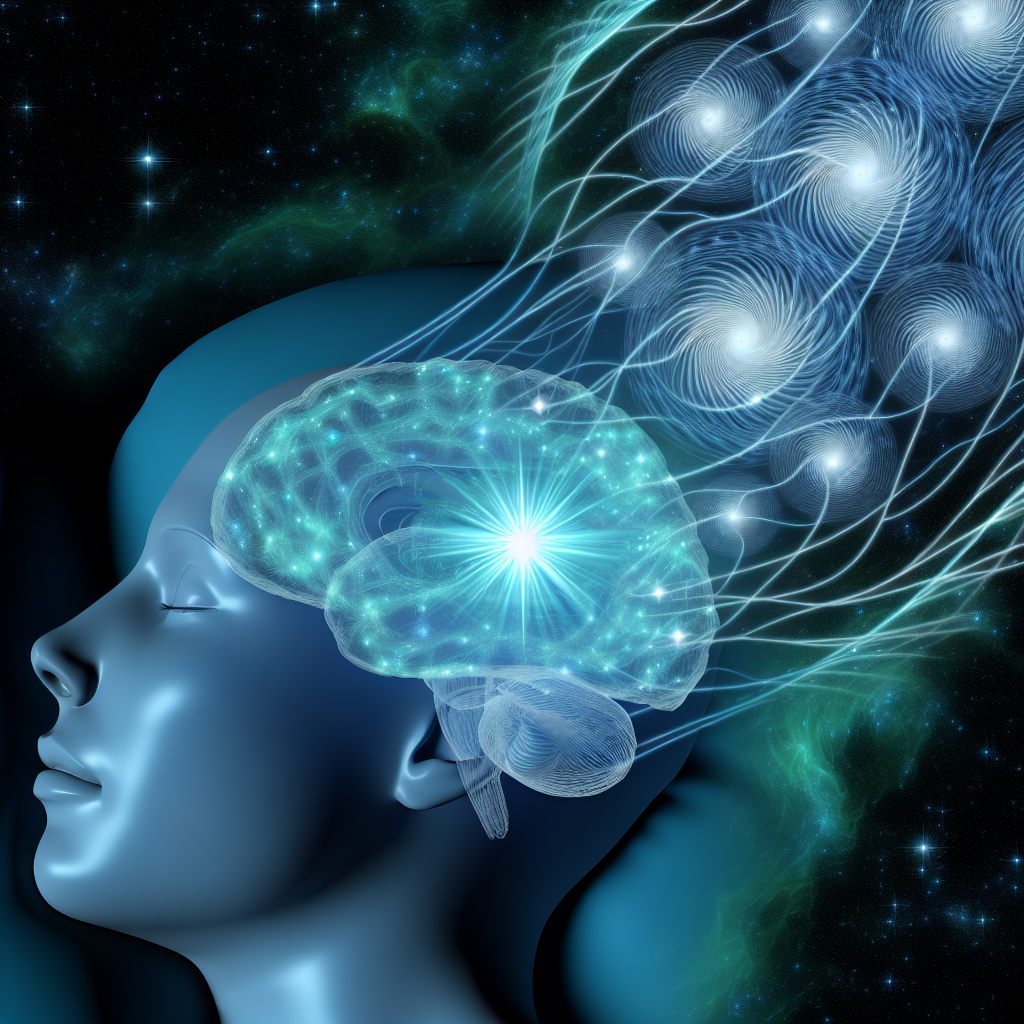Sleep Hormone Testing: At-Home Cortisol and Melatonin Monitoring Systems
Unlock personalized sleep optimization with modern hormone tracking technology.
Introduction: Personalizing Sleep Health Through Hormone Monitoring
Quality sleep is the bedrock of good health, playing a vital role in maintaining physical, mental, and emotional well-being. Yet, millions of people across the globe struggle to fall asleep, stay asleep, or wake up feeling refreshed. With insomnia, stress-related fatigue, and circadian rhythm disorders on the rise, a growing number of individuals are turning to science for answers. One promising avenue is the monitoring and testing of key sleep-regulating hormones—primarily cortisol and melatonin.
Cortisol and melatonin are often referred to as the “yin and yang” of sleep health. Cortisol, a steroid hormone produced by the adrenal glands, is best known for its role in responding to stress, regulating metabolism, and powering the body’s natural waking cycle. On the other hand, melatonin, often called the “sleep hormone,” is secreted by the pineal gland in response to darkness and helps promote feelings of sleepiness and support circadian rhythm balance.
Fluctuations in these hormones can significantly disrupt sleep cycles. High evening cortisol levels caused by chronic stress or adrenal dysfunction can interfere with the ability to fall asleep, while low melatonin production can delay sleep onset or fragment sleep patterns. Recognizing this, researchers and wellness professionals have advocated for more accessible methods to monitor these hormones to identify and rectify potential sleep disorders.
Revolutionizing Rest: The Rise of At-Home Melatonin and Cortisol Test Kits
Enter at-home cortisol and melatonin testing kits—a game-changer for consumers seeking actionable insights into their sleep health. Rather than undergoing complicated or expensive procedures in a clinic, users can now leverage easy-to-use, scientifically validated test kits that collect samples such as saliva, urine, or dried blood spots from the comfort of their own home.
This technological advancement allows individuals to take control of their sleep health like never before. By understanding their unique hormonal patterns, users can detect imbalances, make targeted lifestyle changes, and consult healthcare providers with detailed biomarkers. Whether you’re struggling with nightly sleep disturbances, managing stress levels, or simply striving to optimize your sleep routine, at-home hormone testing offers a powerful and personalized approach.
The Science Behind: Why Monitoring Melatonin and Cortisol Works
The science behind hormone testing is neither new nor experimental. For years, endocrinologists and sleep specialists have relied on the analysis of melatonin and cortisol levels to diagnose sleep disorders, adrenal fatigue, and circadian rhythm imbalances. Now, with improvements in testing accuracy and digital tech integration, these tools have become widely available to the public.
Melatonin, often measured through nighttime saliva or urine samples, follows a predictable diurnal pattern when regulated correctly: levels rise in the evening to facilitate sleepiness and taper off in the early morning. Salivary melatonin concentration, in particular, has proven to be a reliable biomarker for assessing circadian phase shifts and delayed sleep phase syndrome. A significant clinical review published in the journal Pharmacology in 2018 confirmed the role of melatonin secretion as a key marker in sleep timing and quality (read the study).
Cortisol testing—often performed with multiple saliva samples collected throughout the day—helps track the cortisol awakening response and overall diurnal rhythm. Excessively elevated cortisol levels during the evening or a flattened cortisol curve are commonly associated with insomnia and chronic fatigue. A study in the Journal of Clinical Endocrinology & Metabolism found that sleep-deprived individuals often display irregular cortisol circadian rhythms, suggesting that poor sleep and hormonal imbalance are closely intertwined (read the study).
From Labs to Living Rooms: How These Kits Work
Modern at-home testing kits rely heavily on established methodologies like enzyme-linked immunosorbent assays (ELISA) to ensure high sensitivity and specificity in reading hormone levels from non-invasive samples. Companies such as Everlywell, ZRT Laboratory, and LetsGetChecked offer comprehensive analyses that include not only hormone readings but also individualized reports with lifestyle recommendations.
Furthermore, integration with health apps and wearable devices is becoming increasingly popular. Brands are utilizing AI-driven analytics to offer dynamic data interpretation, suggesting suitable changes in sleep routines based on real-time diagnostic input. This biofeedback loop gives users a clearer picture of how stress, diet, and screen time influence hormonal balance and sleep outcomes.
In clinical settings, hormone level tracking remains a cornerstone for patients managing chronic insomnia, shift work fatigue, jet lag, and seasonal affective disorders. As studies continue to uncover the depth of connection between hormonal patterns and sleep quality, at-home solutions are increasingly positioned as important tools in preventive healthcare and sleep optimization.
Sleep Smarter: What Your Hormones Might Be Telling You
These hormonal insights are especially useful for identifying underlying contributors to disrupted sleep that might not be evident through general lifestyle assessments. For example:
– A person struggling with sleep onset may discover elevated cortisol levels in the evening.
– Someone waking frequently could have lower-than-expected overnight melatonin levels.
– A shift worker dealing with fatigue might notice a flattened cortisol curve.
Once pinpointed, these insights can guide interventions—ranging from melatonin supplementation, mindfulness exercises, stress-reducing routines, to light therapy and adjusted sleep schedules.
Conclusion: Empower Your Health with Hormonal Awareness
In a world where sleep disorders are fast becoming a public health epidemic, the ability to understand and manage our internal sleep cues is invaluable. At-home cortisol and melatonin monitoring systems empower individuals to take a proactive role in optimizing their well-being. By shedding light on hidden hormonal imbalances, these tools provide crucial insights that pave the way for better sleep and a healthier life.
Whether you’re navigating jet lag, experiencing insomnia, or simply trying to fine-tune your sleep-wake cycle, hormonal diagnostics can be the missing piece of the puzzle. Backed by clinical research and progressive tech, these home testing systems are transforming the landscape of sleep health support.
As science continues to evolve, so too will our tools for achieving restorative, regenerative sleep. Investing in hormone testing is not just about data—it’s about creating a sustainable lifestyle that respects your body’s natural rhythms and supports long-term vitality.
References
1. National Library of Medicine – Melatonin and Circadian Rhythms
2. Journal of Clinical Endocrinology & Metabolism – Altered Cortisol Rhythms in Insomnia
3. Everlywell – Sleep and Stress Test
4. ZRT Laboratory – Cortisol and Hormone Testing
5. LetsGetChecked – At-Home Cortisol Test
More expert guides on sleep, stress, and wellness?
Visit Medoze.com for cutting-edge insights!
Concise Summary:
At-home cortisol and melatonin testing kits offer a game-changing solution for individuals seeking personalized insights into their sleep health. By monitoring these key hormones, users can identify imbalances, make targeted lifestyle changes, and work with healthcare providers to optimize their sleep routines. Backed by clinical research and progressive technology, these home testing systems are transforming the landscape of sleep support and empowering individuals to take control of their well-being.

Dominic E. is a passionate filmmaker navigating the exciting intersection of art and science. By day, he delves into the complexities of the human body as a full-time medical writer, meticulously translating intricate medical concepts into accessible and engaging narratives. By night, he explores the boundless realm of cinematic storytelling, crafting narratives that evoke emotion and challenge perspectives.
Film Student and Full-time Medical Writer for ContentVendor.com



